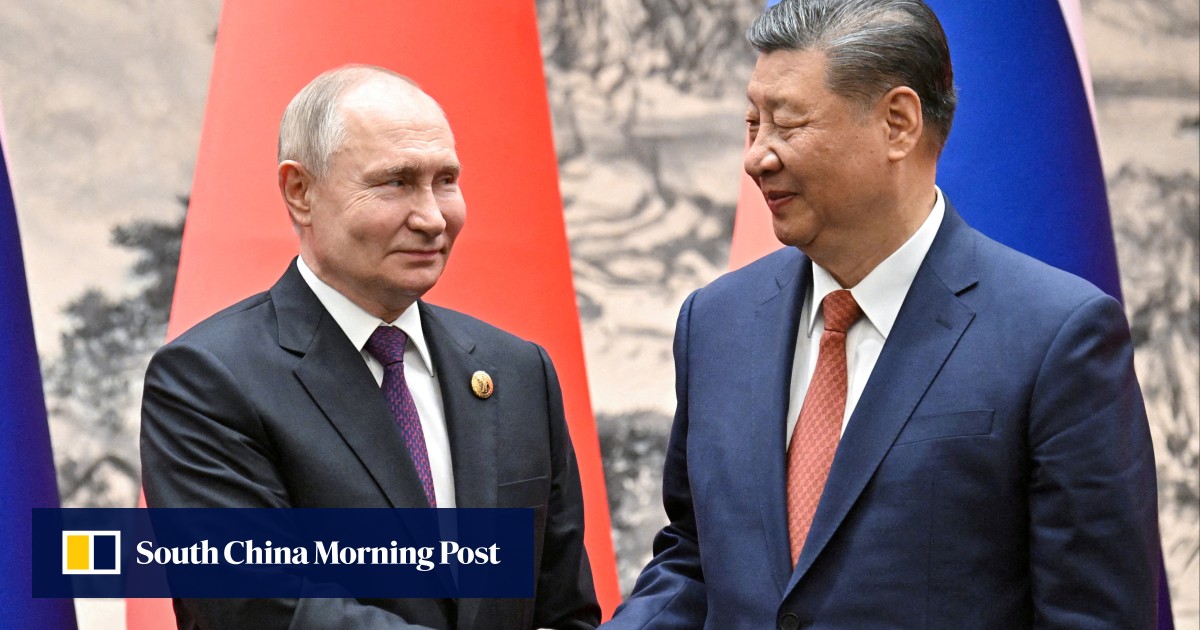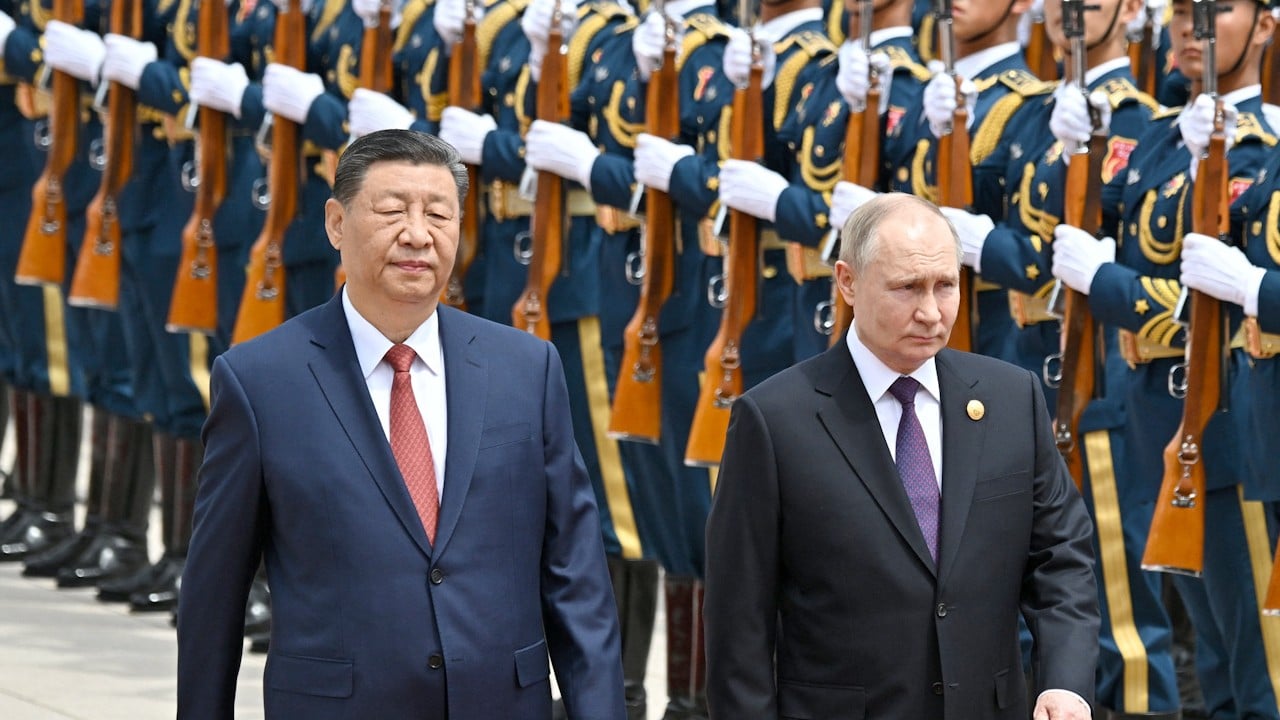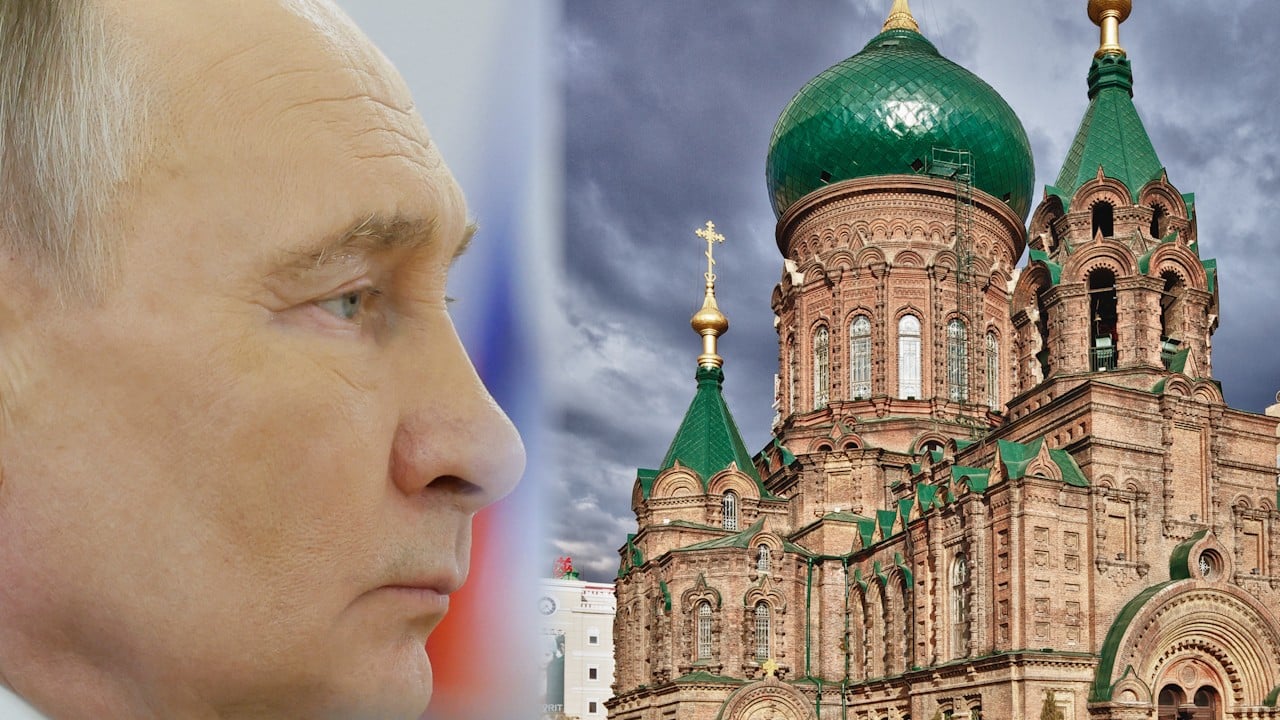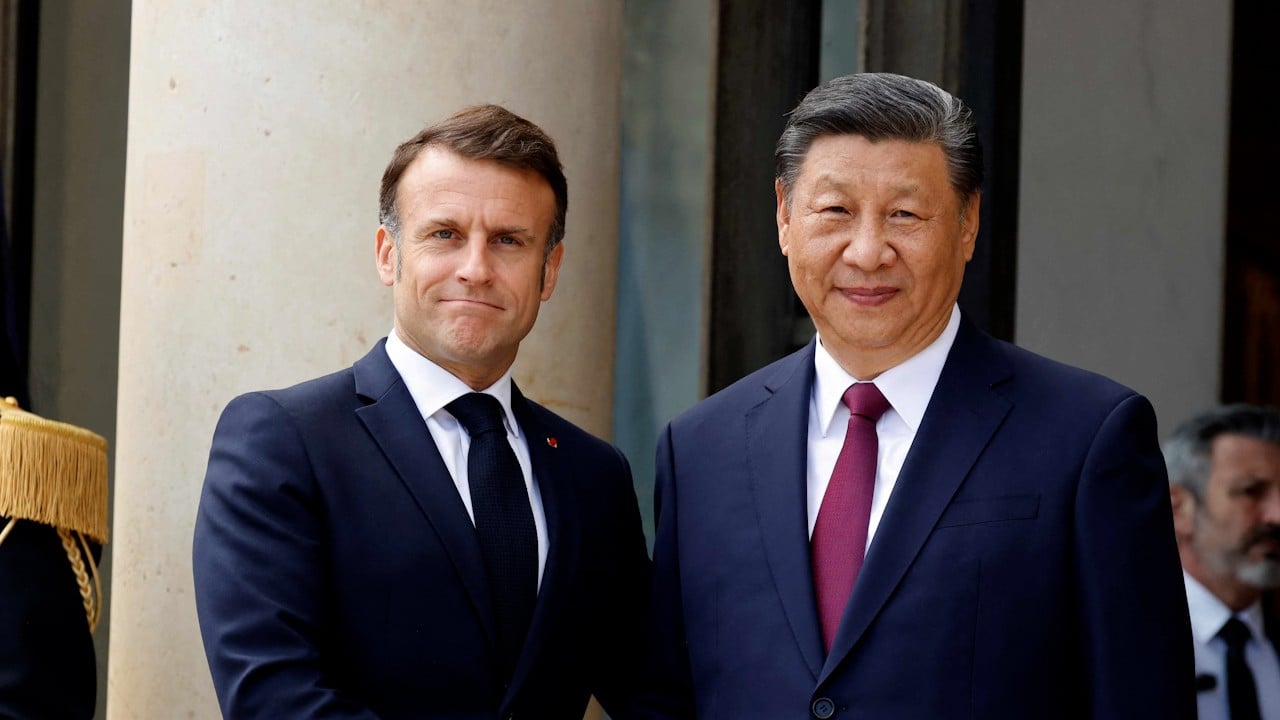Such reciprocity has shed light on the symbolic value of Putin’s latest visit, which extended his personal bond with Xi.
I made it clear that if China does not address this problem, we will
They once again lashed out at Washington, blaming the US for sticking to a cold war mentality and trying to undermine regional stability to maintain its “absolute military superiority”.
“I made it clear that if China does not address this problem, we will,” Blinken said in Beijing after a meeting with Xi.
Russia grew to become China’s fourth-largest trading partner in 2023, overtaking Germany and Australia, while China had been Russia’s largest trading partner for 14 consecutive years.
Putin characterised his talks with Xi as “very substantive” and said they spent “virtually the entire day” together.
His recent trip to China came as Russian forces were advancing around Kharkiv, Ukraine’s second-largest city, and shortly after Putin had reshuffled his cabinet – including naming a civilian economist as his surprise new defence minister – ahead of an expected summer offensive in Ukraine.
Ukrainian President Volodymyr Zelensky had warned last week that Russia could intensify its offensive and urged China to attend a June peace summit in Switzerland.
Kyiv and several Western capitals had called on China to use its “influence on Russia” to help stop the war.
Neither the joint statement in March last year nor the one this month used the phrase “no limits” to describe the relationship between China and Russia.
60-Second Catch-up
Deep dives
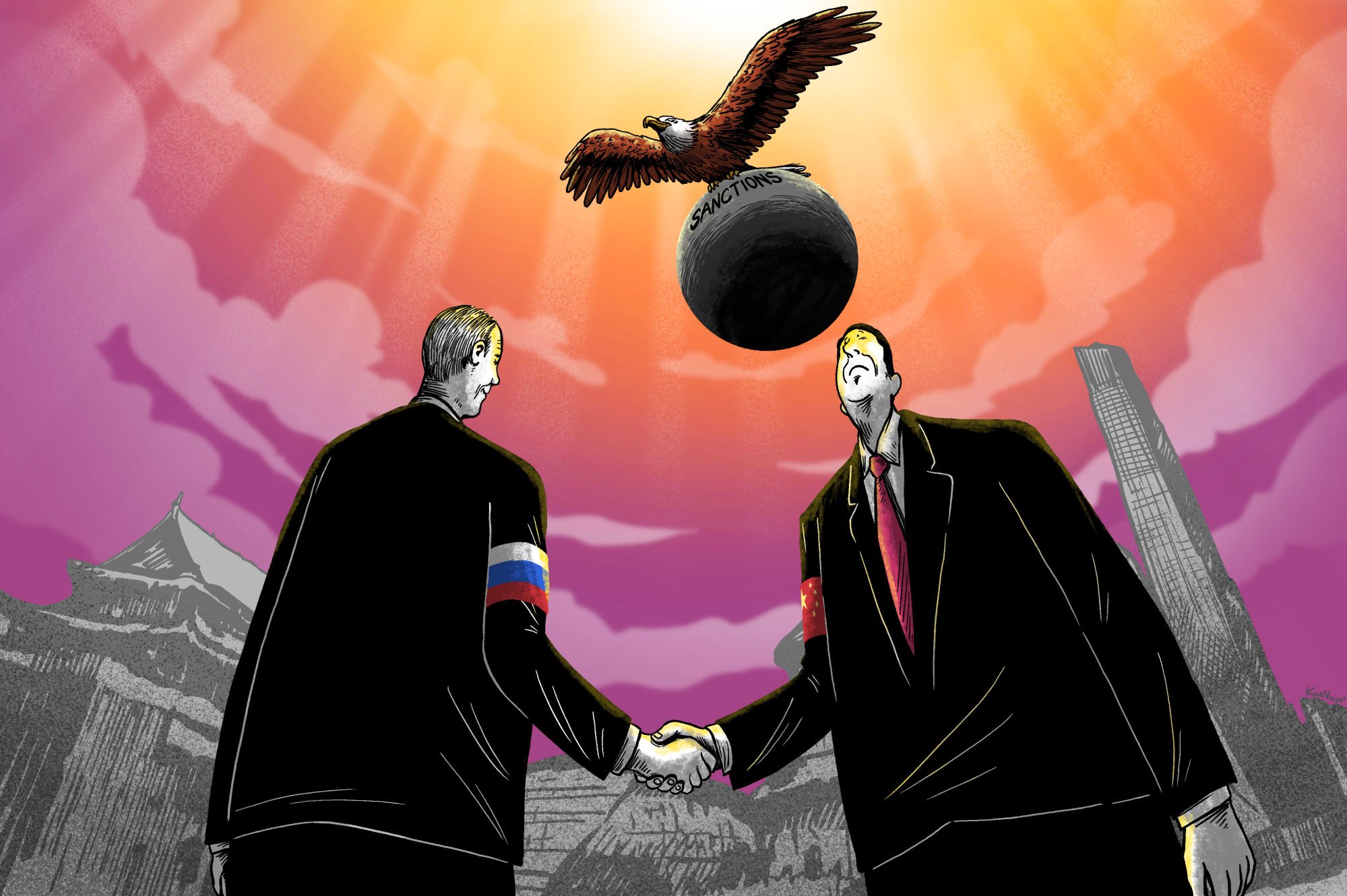
A visit of unusual significance? Why Putin’s trip may define China-Russia ties
-
Trip expected to be a show of the growing geostrategic alignment and ‘deep friendship’ between leaders
-
But it could also reveal limits as Beijing tries to keep Moscow close while avoiding sanctions over Ukraine
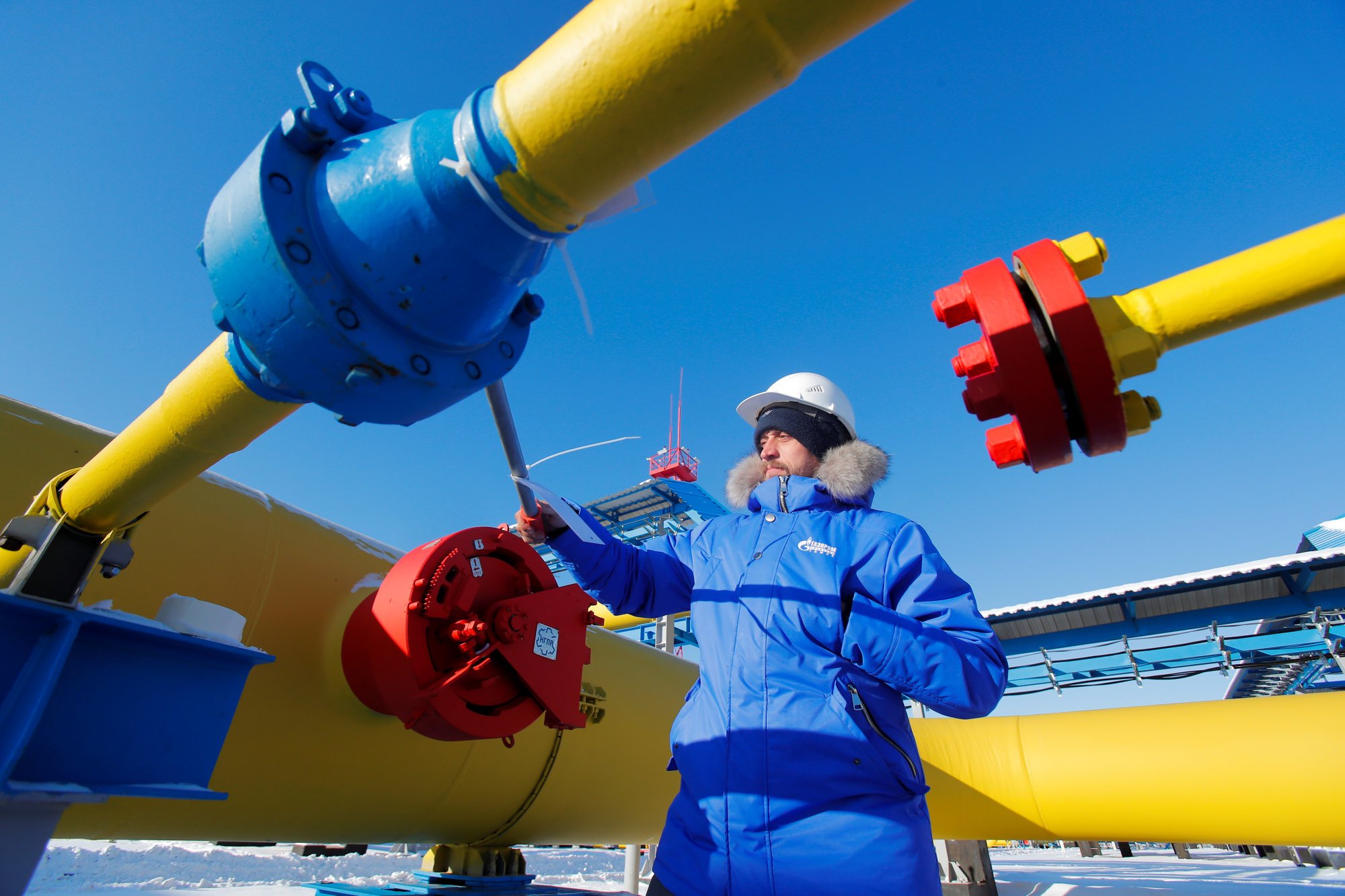
Putin to push for pipeline progress on China visit – under watchful eye of West
-
Russian President Vladimir Putin is expected to bring up the signature Power of Siberia 2 pipeline on a coming China visit
-
Progress has been slow, with China’s Russia ties coming under heavy scrutiny from US and EU; analysts say delays show China putting own interests first
The natural gas pipeline, designed to connect Russia and China via Mongolia, is a signature project symbolising the “no-limits” strategic partnership between Beijing and Moscow. If completed, it would divert 50 billion cubic metres (1.8 trillion cubic feet) of natural gas per year to north China, redirecting a supply that once went to Europe.
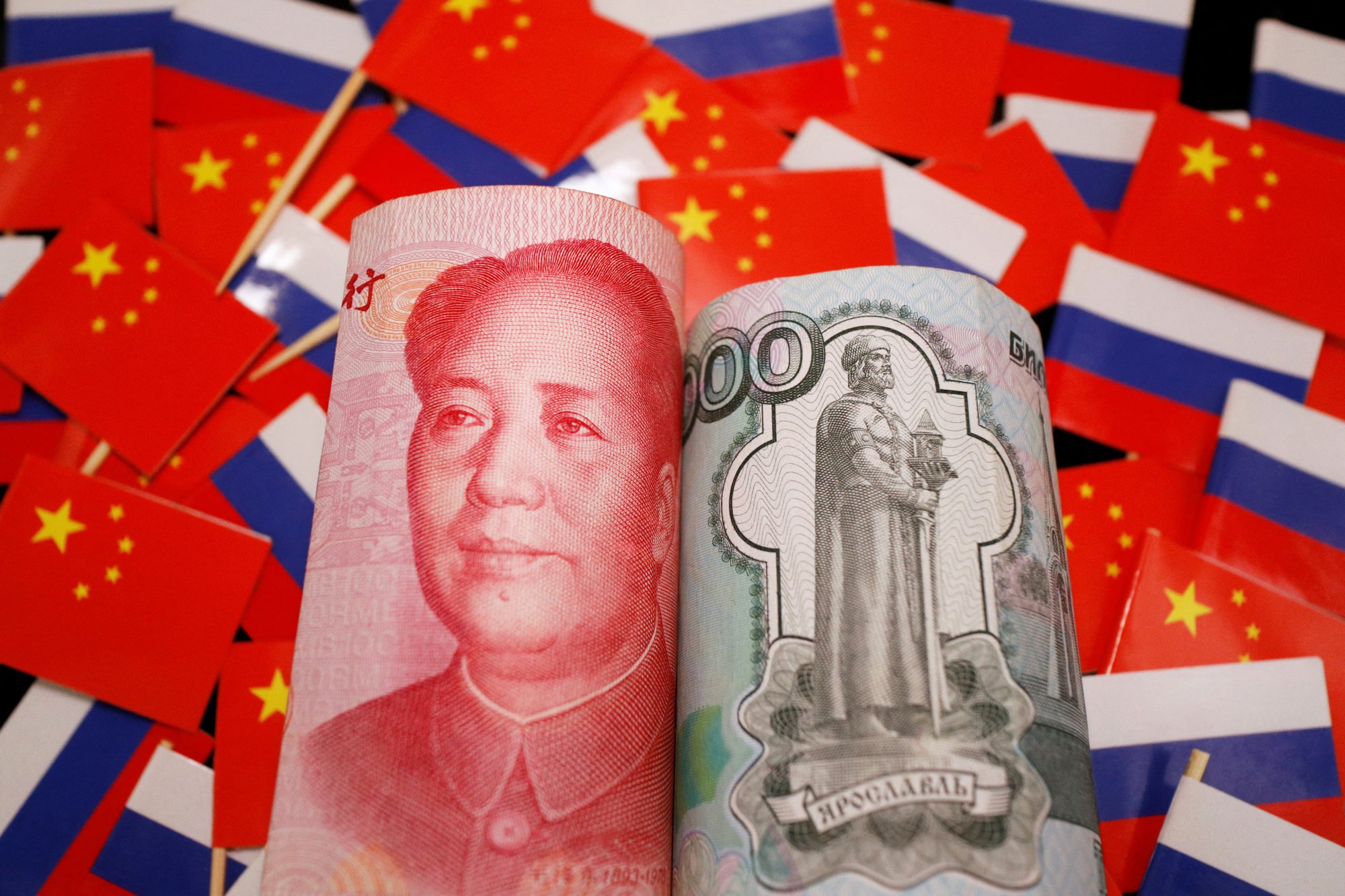
China, Russia could bypass barriers as Western sanctions bite, researchers say
-
Finance deals made through smaller Chinese banks would help ‘resolve the threat of secondary sanctions’, according to institute findings at Renmin University
-
And there are potential gains to be made in some non-finance partnerships, including near the North Korean border
China and Russia should explore using their own platforms – and could tap obscure banks – to settle payments while strengthening ties in the Russian far east, if the neighbours want to get around Western economic sanctions over Moscow’s war in Ukraine, a Chinese research organisation says.
Smaller Chinese banks could be “promoted” for trade with Russia, while setting up new financial institutions could help “circumvent Western sanctions”, according to a May 11 report by the Chongyang Institute for Financial Studies at the Beijing-based Renmin University.
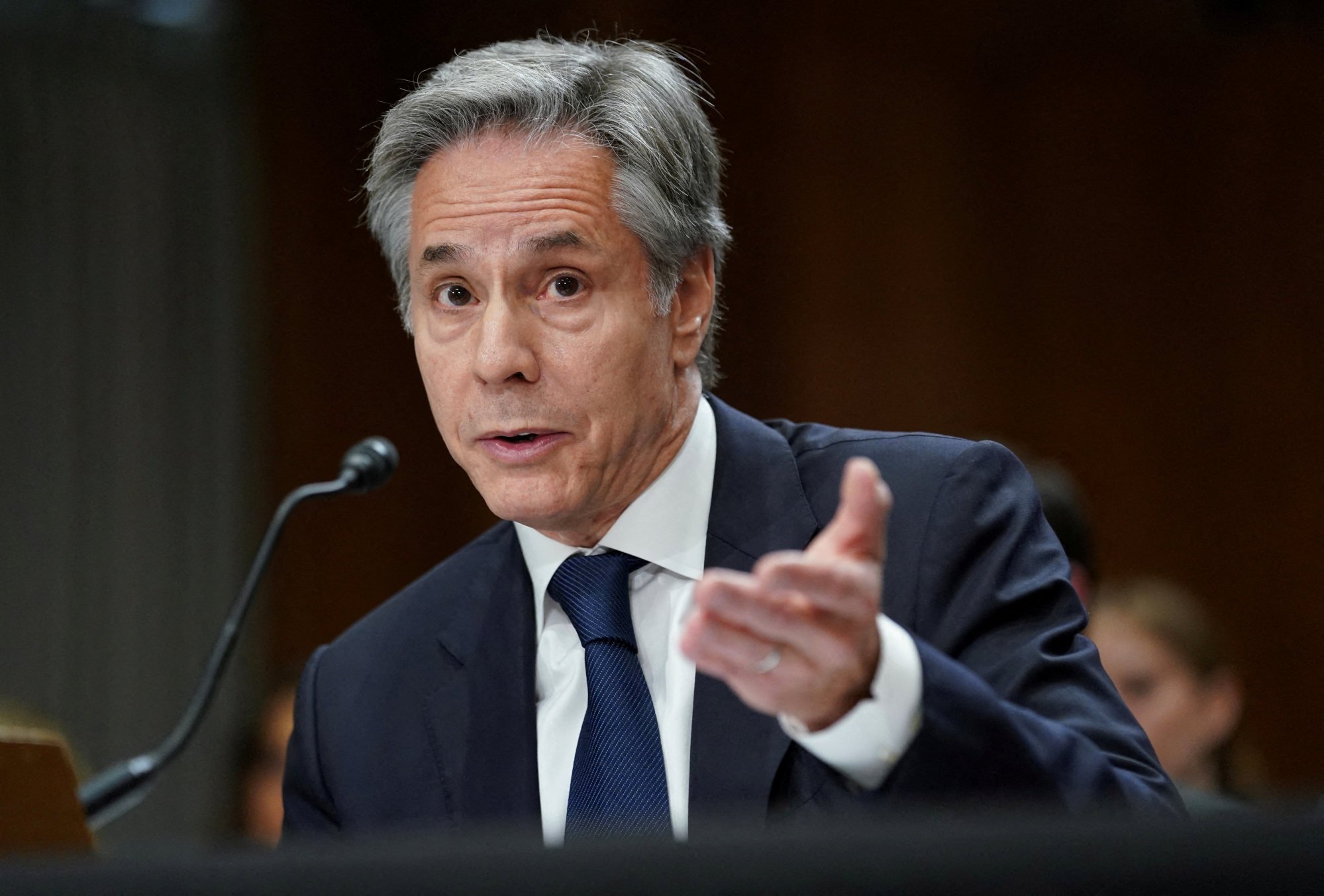
US working with EU to counter China on Russia support, overcapacity
-
America’s top diplomat describes Beijing as seeking ‘better relations with Europe’ while fuelling its ‘greatest security threat’ since the Cold War
-
Meanwhile, US treasury chief says Washington and Brussels ‘need to stay coordinated’ to shield their economies from ‘China’s industrial policy’
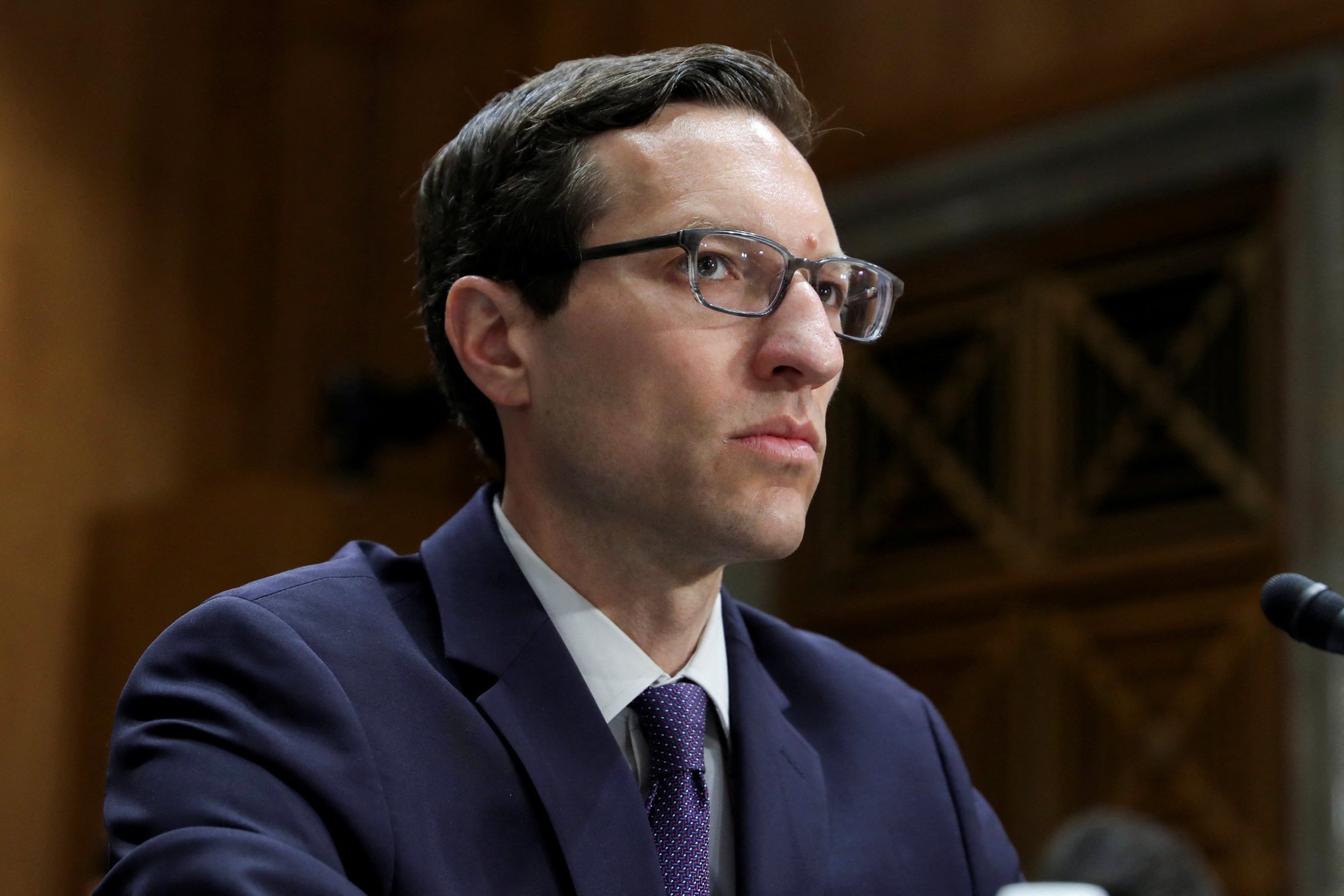
Pentagon warns Beijing about its military ties to Russia, as Xi and Putin meet
-
Ely Ratner, US Defence Department’s chief for Indo-Pacific security, expresses “serious concern” in video link with Major General Li Bin of China’s Central Military Commission
-
Ratner also presses Li over escalating tension between China and the Philippines in the South China Sea as well as Moscow’s developing ties to North Korea.
A top Pentagon official warned a counterpart in Beijing on Thursday about its increasing cooperation with Moscow, even as Chinese President Xi Jinping and Russian President Vladimir Putin were pledging closer economic and military ties.
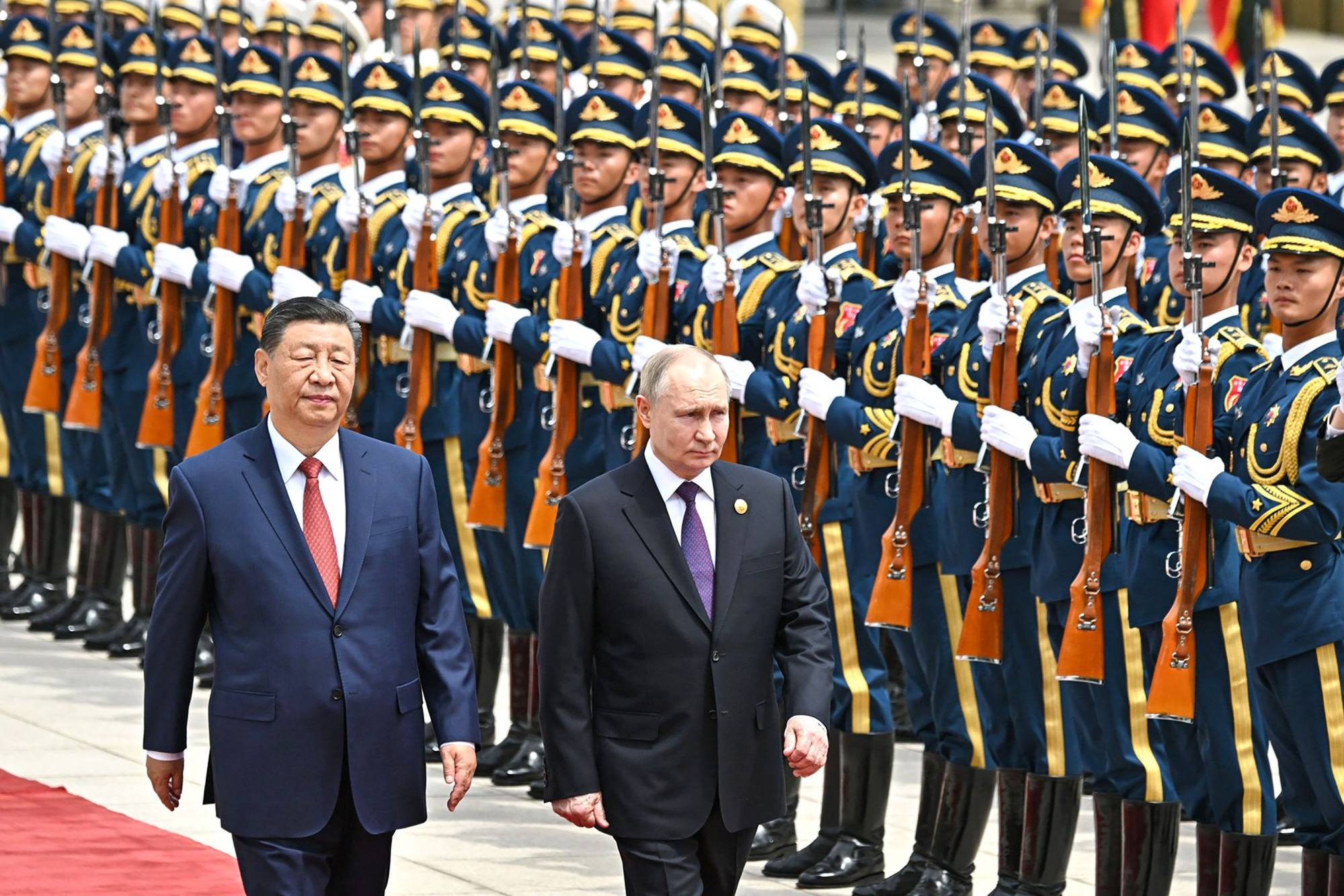
China renews call for political end to Ukraine war as Xi welcomes Putin to Beijing
-
Any settlement must respect security and sovereignty of all parties, Chinese president says after talks
-
Sino-Russian relationship has withstood international ‘storms and changes’ and sets a model for mutual respect and cooperation, he says
“Both sides agree that a political settlement of the Ukraine crisis is the correct direction,” Chinese President Xi Jinping said after talks with Putin at the Great Hall of the People.
Global Impact is a weekly curated newsletter featuring a news topic originating in China with a significant macro impact for our newsreaders around the world.

